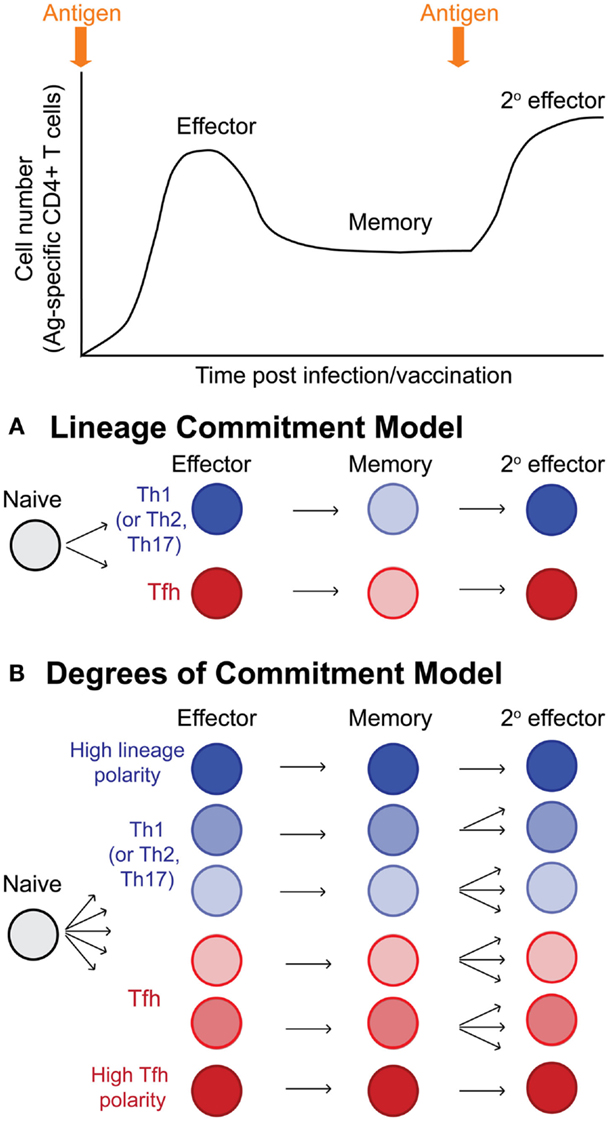Mandatory Education in Nicaragua: Understanding the School Attendance Requirements
Mandatory education age requirements in Nicaragua
In Nicaragua, education is compulsory for children between the ages of 6 and 12 years old. This requirement cover the primary education level, which consist of six grades. The Nicaraguan government mandate that all children must attend school during these formative years to ensure they receive a basic education.
The legal framework for mandatory education in Nicaragua is established in the country’s constitution and the general education la(( ley general deeducation)). These legal provisions recognize education as a fundamental right and establish the state’s obligation to provide free primary education to all citizens.
Structure of the Nicaraguan education system
Understand the structure of Nicaragua’s education system helps clarify the mandatory attendance requirements:
Pre-primary education
Pre-primary education in niNicaraguas design for children age 3 to 5 years old. While this level is not mandatory, the government enencouragesarents to enroll their children in pre school programs to prepare them for primary education. These programs focus on early childhood development, socialization, and build foundational skills for formal education.
Primary education (mandatory )
Primary education is compulsory and spans six years, typically from ages 6 to 12. This level is divided into two cycles:
- First cycle: grades 1 4 (ages 6 9 )
- Second cycle: grades 5 6 (ages 10 12 )
During primary education, students learn fundamental subjects include Spanish language, mathematics, natural sciences, social studies, physical education, and artistic expression. The curriculum aim to develop basic literacy, numeracy, and critical thinking skills.
Secondary education
Secondary education in Nicaragua is not mandatory but is powerfully encouraged. It consists of:
- Low secondary (grades 7 9 ) ages 12 15
- Upper secondary (grades 10 11 ) ages 15 17
Secondary education offer both academic and vocational tracks, allow students to either prepare for university studies or acquire technical skills for immediate employment after graduation.
Enforcement of mandatory education laws
The enforcement of mandatory education laws in Nicaragua vary across regions, specially between urban and rural areas. In urban centers, compliance rates are mostly higher due to better access to schools and stronger institutional presence. Yet, in rural and remote areas, enforcement face several challenges:
Urban areas
In cities and larger towns, the ministry of education (mined )work with local authorities to monitor school attendance. Schools maintain attendance records and follow up on cases of chronic absenteeism. Parents who fail to ensure their children’s attendance may face administrative consequences, although the focus is mainly on encourage compliance kinda than punishment.
Rural areas
Rural communities oftentimes face challenges relate to:
- Distance to schools
- Limited transportation options
- Economic pressures that lead to child labor
- Insufficient infrastructure
In these areas, enforcement tend to be more flexible, with authorities acknowledge the practical barriers to regular attendance. The government has implemented various programs to increase access to education in rural regions, include mobile schools and distance learning initiatives.
Exceptions to mandatory education requirements
While education is compulsory for children age 6 12, Nicaraguan law recognize certain exceptions:
Homeschooling
Nicaragua does permit homeschooling under specific circumstances, though it’s not as formalize or widespread as in some countries. Parents who choose to homeschool must demonstrate they can provide an equivalent education and may need to register with local education authorities. Children educate at home may notwithstanding be rrequiredto take standardized assessments to ensure they’re meet educational benchmarks.
Health relate exceptions
Children with serious health conditions that prevent regular school attendance may be exempt from standard attendance requirements. In such cases, alternative education arrangements, such as hospital base instruction or home tutoring, may be provided.
Special education need
Children with disabilities or special educational needs may follow modify attendance requirements base on individualized education plans. Nicaragua has been work to develop more inclusive education policies, though resources for special education remain limited in many areas.
Recent reforms and challenges in Nicaraguan education
The Nicaraguan education system has undergone several reforms in recent decades aim at improve access, quality, and relevance. These reforms have implications for how mandatory education iimplementednt:
Autonomy reforms
Nicaragua has implemented school autonomy programs that give individual schools and communities more control over educational decisions. This decentralization has affect how mandatory attendance policies arappliedly, with some communities develop localize approaches to ensure compliance.
Quality improvement initiatives
The government has launch various initiatives to improve the quality of primary education, include teacher training programs, curriculum update, and infrastructure improvements. These efforts aim to make mandatory education more meaningful and engage for students, thereby encourage attendance.

Source: basicnicaragua.com
Persistent challenges
Despite progress, Nicaragua continue to face challenges in ensure universal access to quality education:
- Poverty: Economic hardship remain a significant barrier to school attendance, with many families rely on children’s labor for survival.
- Infrastructure deficiencies: Many schools lack basic facilities such as adequate classrooms, sanitation, and teach materials.
- Teacher shortages: Specially in rural areas, there be insufficient qualified teachers to meet educational needs.
- Educational quality: Learn outcomes frequently fall below desire standards, yet for children who regularly attend school.
Impact of socioeconomic factors on school attendance
Socioeconomic factors importantly influence compliance with mandatory education requirements in Nicaragua:
Economic considerations
While primary education is formally free, associate costs such as uniforms, supplies, transportation, and the opportunity cost of lose child labor can be prohibitive for poor families. The government and various NGOs have implement support programs, include:
- School feeding programs to address nutrition and incentivize attendance
- Free textbook distribution
- Conditional cash transfer programs that provide financial support to families who keep their children in school
Gender disparities
Gender base disparities in education persist in Nicaragua, especially in rural areas. Girls may face additional barriers to complete yet the mandatory primary education cycle due to:
- Early marriage and pregnancy
- Domestic responsibilities
- Cultural attitudes about the value of education for girls
The government has implemented gender focus initiatives to address these disparities and encourage girls’ participation in mandatory education.
Comparison with other Central American countries
Nicaragua’s mandatory education age range (6 12 years )is moderately more limited compare to some neighboring countries:
- Costa Rica: Education is mandatory from ages 5 to 17
- Panama: Compulsory education span ages 4 to 15
- Honduras: Education is mandatory from ages 6 to 15
- El Salvador: Compulsory education cover ages 7 to 15
This comparison highlight that Nicaragua have one of the shortest periods of mandatory education in the region, focus principally on ensure basic literacy and numeracy sooner than extend compulsory education through secondary levels.
Educational outcomes and literacy rates
The mandatory primary education policy has contributed to improvements inNicaraguaa’s basic education indicators:
Literacy rates
Nicaragua has make significant progress in improve literacy rates, with adult literacy estimate at roughly 82 85 %. Youth literacy rates are higher, reflect the impact of mandatory primary education policies. Notwithstanding, literacy rates remain lower in rural areas and among indigenous populations.
Completion rates
While enrollment in primary education is comparatively high, completion rates present a more complex picture:
- Roughly 80 % of students complete the full six years of primary education
- Dropout rates increase importantly after the mandatory education period end
- Transition rates to secondary education remain comparatively low, particularly in rural areas
Resources for parents and students
Parents seek information about mandatory education requirements in Nicaragua can access resources through:
Government resources
- The ministry of education (mined )offices at national, departmental, and municipal levels
- Local schools and education administrators
- Municipal government offices
Non-governmental support
- Various NGOs work in education provide information and support to families
- Community education committees
- Parent teacher associations
Future directions in Nicaraguan education policy
Discussions about the future of mandatory education in Nicaragua include:

Source: Elena iloveyoukid.blogspot.com
Potential extensions
There have been proposals to extend the mandatory education period to include at least part of secondary education, align Nicaragua more nearly with regional standards. Notwithstanding, implementation would require significant investment in infrastructure, teacher training, and support programs.
Quality improvements
Education policy discussions progressively focus not fair on attendance but on the quality of education receive during the mandatory years. Initiatives aim to improve learn outcomes, teaching methods, and curriculum relevance.
Technology integration
Efforts to incorporate technology into education, eventide in resource limit environments, represent an important trend that may affect how mandatory education is delivered in the future.
Conclusion
In Nicaragua, mandatory education encompass the primary school years, from ages 6 to 12. While this represent a short compulsory period than in many neighboring countries, it establishes an important foundation for basic literacy and numeracy. The effectiveness of mandatory education policies vary wide across the country, influence by geographic, economic, and social factors.
For families in Nicaragua, understand these requirements help ensure children receive their lawfully mandate educational opportunities. As the country continue to develop its education system, balance access, quality, and relevance remain an ongoing challenge in fulfil the promise of universal basic education.
MORE FROM grabscholarships.de













